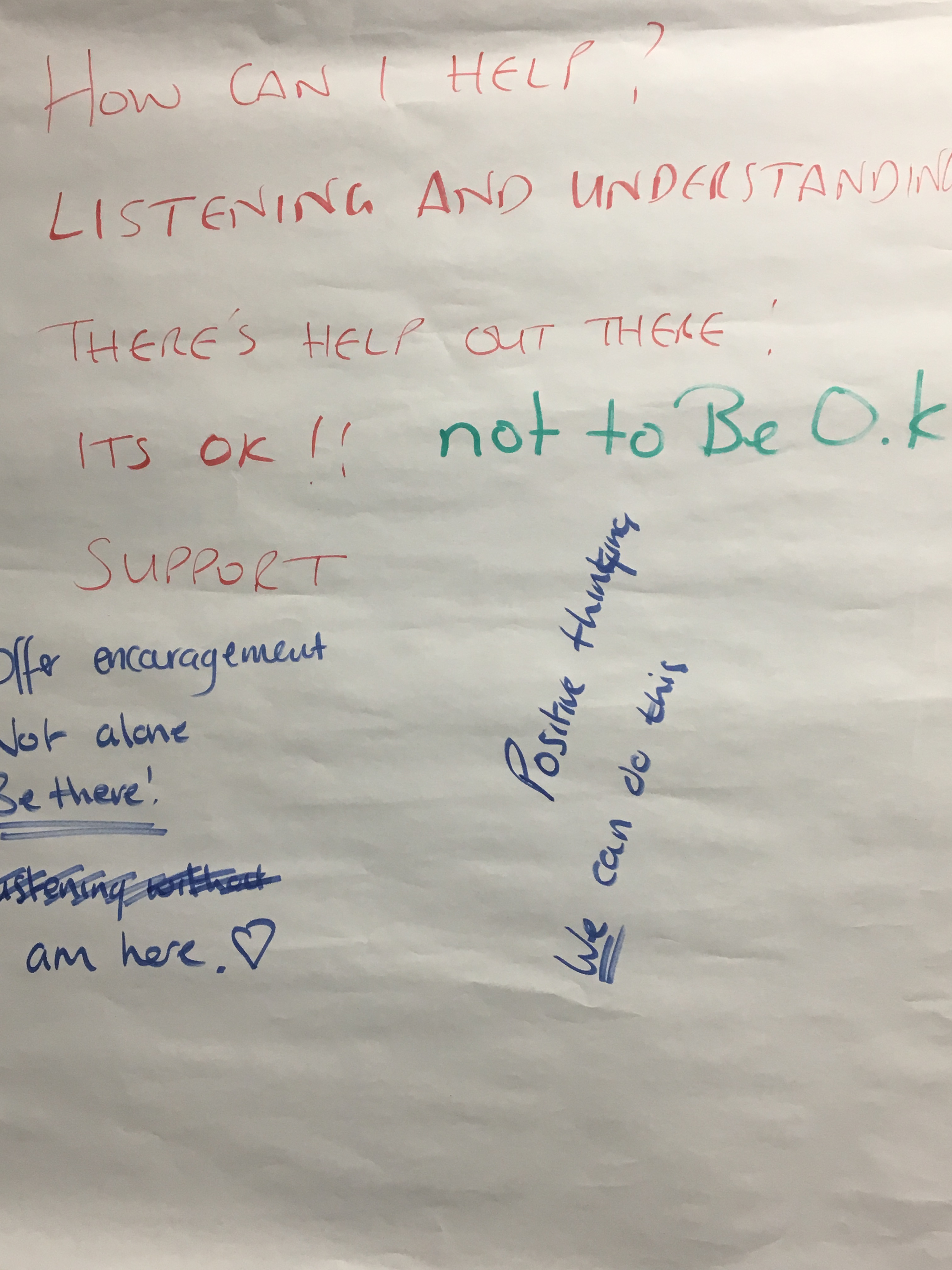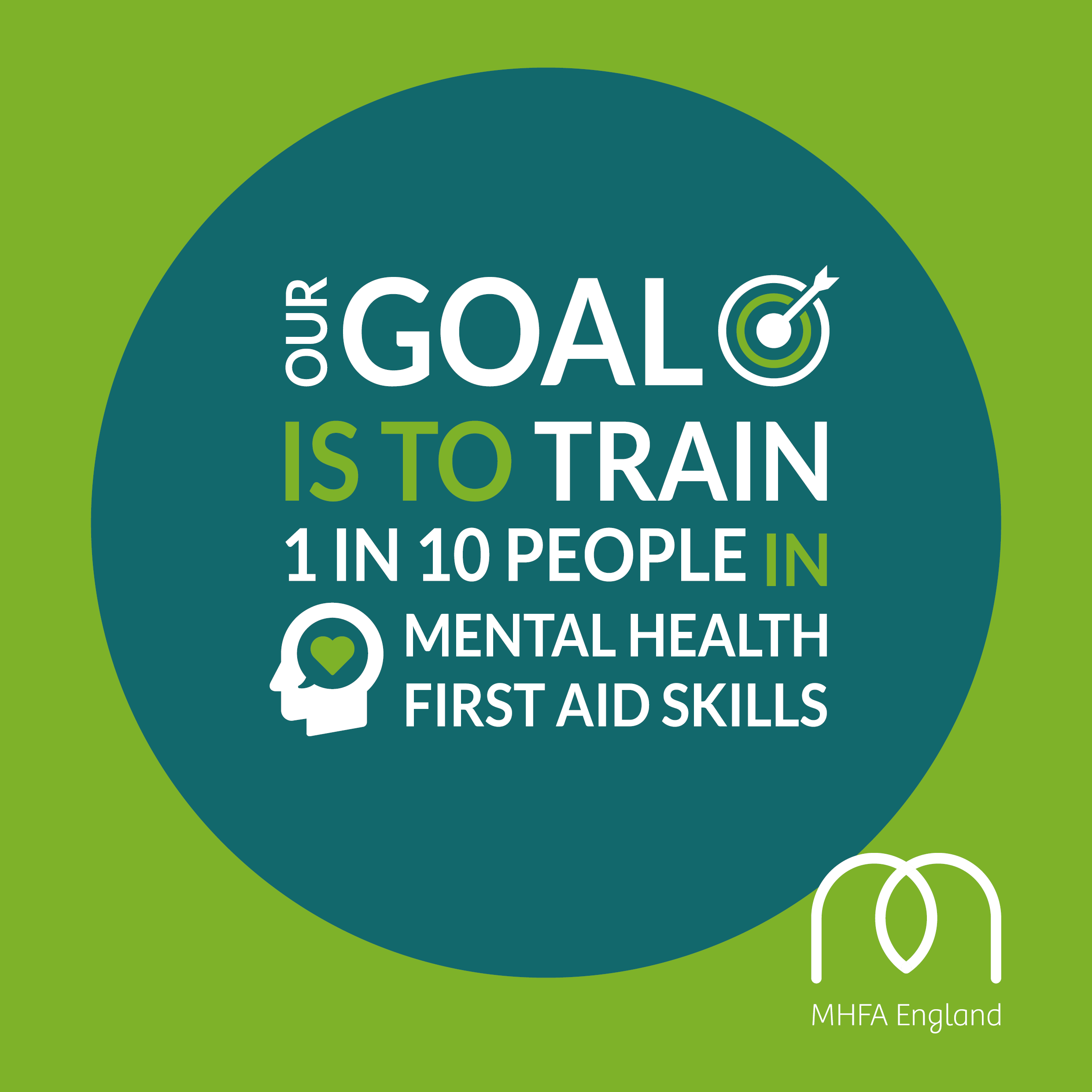There are different types of sleeping disorders. It is necessary for you to determine if you have acute or chronic sleeping disorders. Intense sleeping disorders is brief term while chronic insomnia last for a long time or is frequent. There is also main and secondary insomnia. Primary sleeping disorders indicates you are having problems sleeping but those issues are not connected to an illness.
Insomnia can slow emotional processing making it difficult for psychological health treatments to work. This implies recovery can take longer for people who are doing not have sleep. For instance, if you are a recuperating addict, insomnia can make the healing process harder and cause regression if not dealt with. It can also trigger additional damages.
There will be no mistaking it for something else. You will be moody, starving, and irritable and have a hard time concentrating or remaining focused on tasks. Each and every single thing will get on your nerves and you will find it hard to manage your mood swings. Research study has shown that a person losing even one night of sleep can be compared to that of a person who is lawfully intoxicated person.
If you are driving unpredictably due to sleep deprivation, that might be thought about careless driving. Consider it, you could truly harm someone or yourself if you are driving while sleep denied. Numerous news stories center on mishaps that happened because a chauffeur fell asleep at the wheel. There has actually been research studies done on people who go extended time periods without sleeping.
There have been some to report total personality modifications, from a delighted personality to upset personality, and it did not change back to happy even after getting a good amount of sleep. Sleep deprivation can affect your work capabilities likewise. What if you are an air traffic controller or a brain surgeon? You need to be the most alert you can be.
Not known Details About How Mental Health Affects College Academics
Once you find out how to get great sleep, you will be able to quickly carry out such techniques into your life and quickly feel the impacts of great sleep. There are lots of methods you can utilize to guarantee you get a great night's sleep. Ensure you do not have a lot of interruptions like the tv or radio playing.
This will help your body get used to when it is supposed to awaken and go to sleep. Exercising during the day can assist you rest much better in the evening but needs to be done at least 3 hours before you go to sleep - how snapchat affects mental health. If for some reason you still can't drop off to sleep, take part in a relaxing activity such as a warm bath or reading.
Likewise, do not take naps late in the day and make certain you have a great sleep environment. If you are not having any luck resolving your sleep problems after trying several of these techniques, it would be an excellent concept to meet with a therapist to help you find out what is really incorrect with your sleep patterns.
By resolving concerns associated with your psychological health, your sleep problems may fix themselves. Sleep is exceptionally crucial. Making sleep a priority in your life will result in favorable results. So put yourself first and get some excellent rest! - implications of how social media affects mental health.

Many people know firsthand that sleep affects their mindset. After all, there's a reason it's stated that somebody in a bad state of mind "woke up on the incorrect side of the bed." As it turns out, there's quite a bit of fact behind this colloquial stating. Sleep is closely linked to mental and psychological health and has shown links to depression, stress and anxiety, bipolar illness, and other conditions.
Little Known Questions About How Environment Affects Mental Health Behaviour.

Psychological health conditions tend to make it more difficult to sleep well. At the very same time, bad Addiction Treatment Delray sleep, including insomnia, can be a contributing factor to the initiation and worsening of mental health issue. Both sleep and mental http://trentonwihs373.iamarrows.com/how-long-does-mental-health-first-aid-certification-last-the-facts health are intricate problems affected by a wide range of factors, but, offered their close association, there is strong reason to think that enhancing sleep can have an useful effect on mental health and can be an element of treating many psychiatric disorders.
In NREM (non-rapid eye movement) sleep, general brain activity slows, but there fast bursts of energy. In REM sleep, brain activity chooses up rapidly, which is why this stage is associated with more extreme dreaming. Each stage contributes in brain health, allowing activity in various parts of the brain to ramp up or down and allowing much better thinking, finding out, and memory.
Enough sleep, particularly Rapid Eye Movement sleep, helps with the brain's processing of psychological details. Throughout sleep, the brain works to assess and remember ideas and memories, and it appears that an absence of sleep is particularly damaging to the debt consolidation of positive emotional content. This can influence state of mind and psychological reactivity and is connected to psychological health conditions and their intensity, including the danger of suicidal concepts or habits.
Rather, it is ending up being clear that there is a bidirectional relationship in between sleep and mental health in which sleeping issues might be both a cause and effect of psychological health issue. Drug Abuse Treatment Obstructive sleep apnea (OSA) is another element of sleep that has actually been linked to psychological health. OSA is a disorder that involves stops briefly in breathing during sleep and a reduction in the body's oxygen levels, developing fragmented and disturbed sleep.
Although further research is required to recognize the diverse connections in between sleep and mental health, the existing proof demonstrates that there is a multifaceted relationship that can be affected by various factors in any specific individual's case (how mental health affects the environment). The way that sleep and psychological health are linked becomes much more evident by evaluating what is known about how sleep is tied to a number of particular mental health conditions and neurodevelopmental disorders.
Little Known Facts About How Physical Environment Affects Mental Health.
Around 75% of depressed individuals reveal symptoms of insomnia, and many people with anxiety likewise struggle with extreme daytime sleepiness and hypersomnia, which is sleeping excessive. Historically, sleeping problems were seen as an effect of depression, however growing evidence recommends that poor sleep might cause or worsen anxiety. The difficulty in determining clear domino effect shows what is believed to be a bidirectional relationship in which sleep problems and depressive symptoms are mutually enhancing.
For example, for a minimum of some people, a focus on enhancing sleep might have a corollary advantage of decreasing the symptoms of depression. Seasonal depression is a subtype of depression that usually affects individuals throughout times of the year with decreased daylight hours. For instance, people in northern environments might experience seasonal affective condition during the fall and winter.
Not surprisingly, then, people with seasonal depression tend to sleep too much or too little or experience changes to their sleep cycles. Every year, stress and anxiety disorders in America affect an approximated 20% of grownups and 25% of teenagers. These disorders produce excess worry or concern that can affect daily life and produce risks for illness consisting of cardiovascular disease and diabetes.